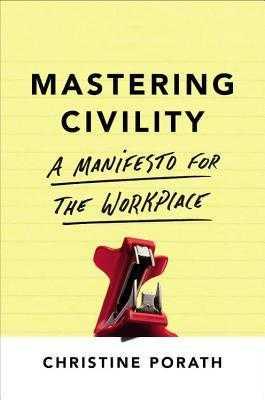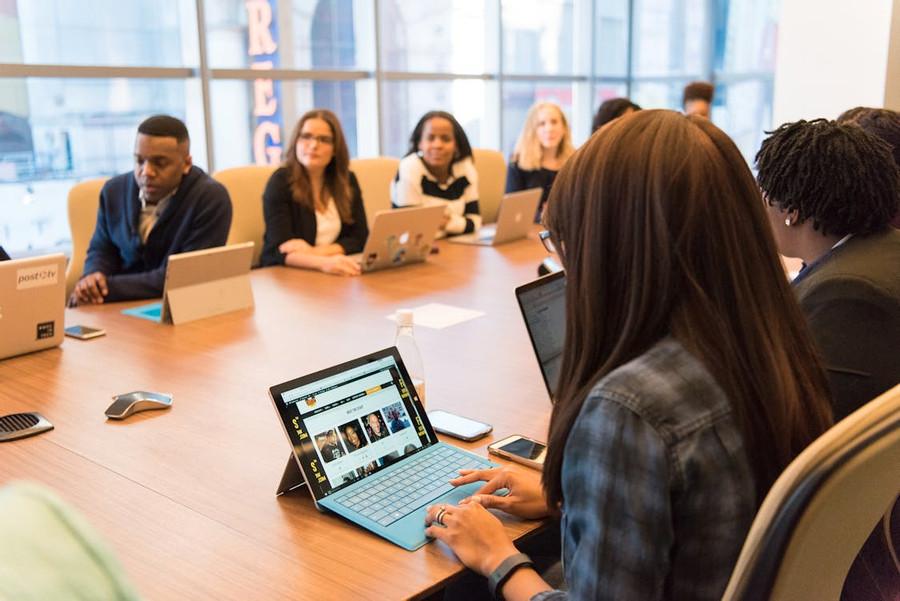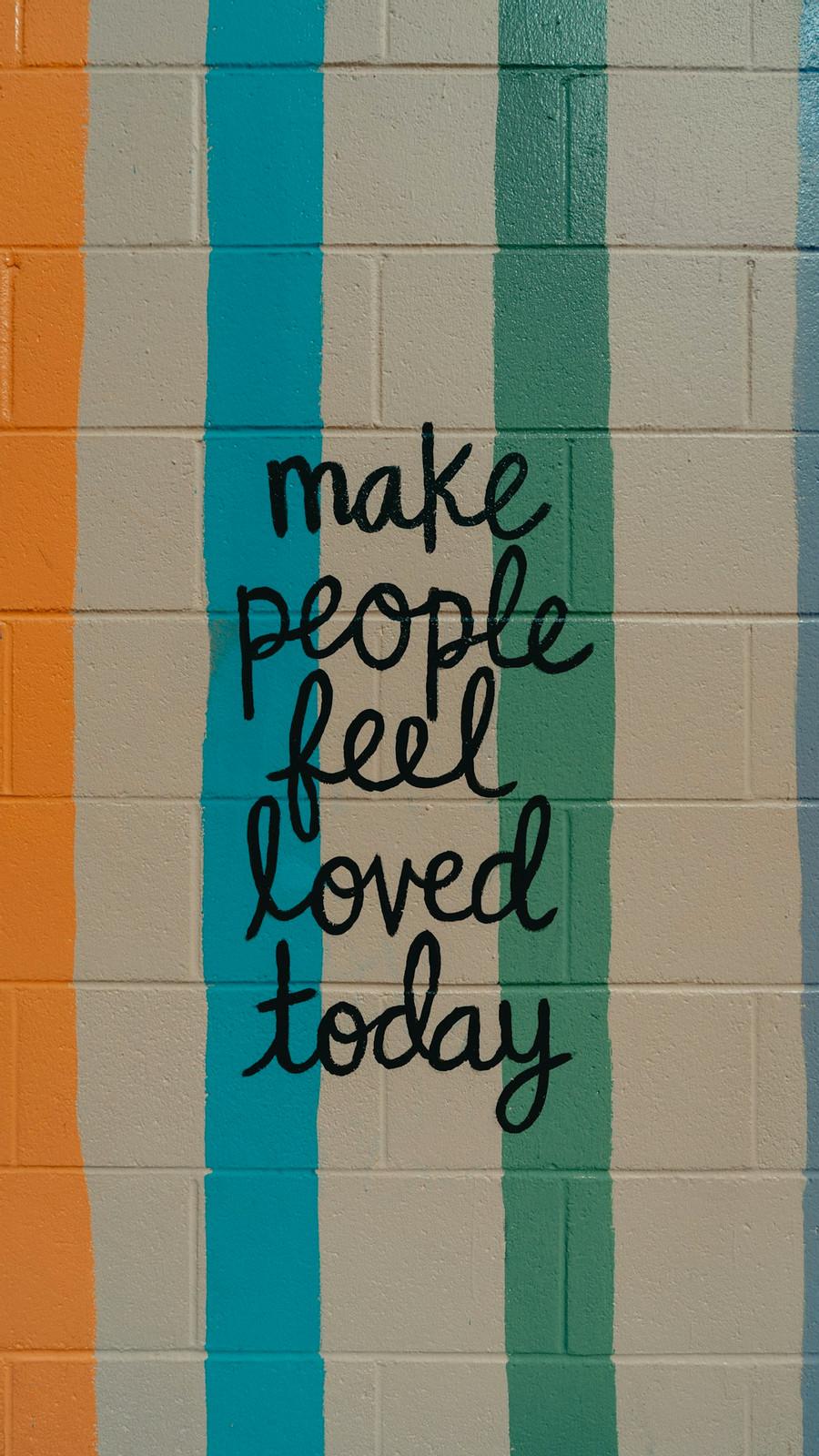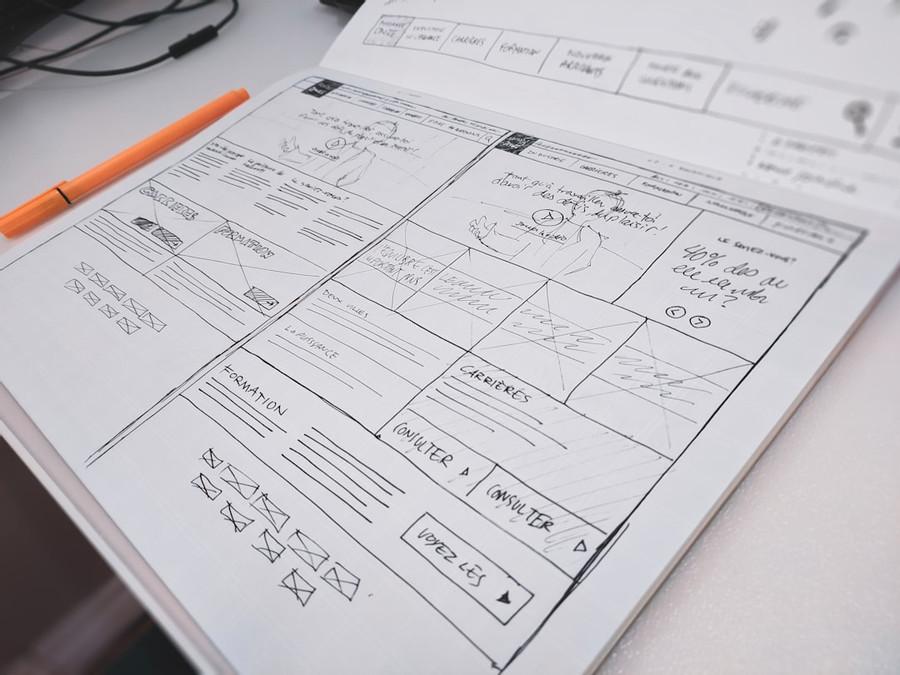Explore the World's Best Ideas
Join today and uncover 100+ curated journeys from 50+ topics. Unlock access to our mobile app with extensive features.
Key Takeaways From The Book
- Workplace Incivility assaults people’s physical and psychological health.
- Workplace rudeness generates lack of productivity, disengagement, absenteeism and turnover.
- In contrast, “civility” makes people feel valued and appreciated.
- To increase workplace civility, share “resources, recognition, gratitude, feedback” and “purpose.”
- Focus on the basics, such as smiling and saying thank you.
- Solicit feedback to identify your failings and target areas for improvement.
- Develop a “sense of thriving” within yourself as a defense against workplace incivility.
148
2.72K reads
Civility Vs Incivility: Rudeness On The Rise
How you treat people means everything – whether they will trust you, build relationships with you, follow you, support you and work hard for you, or not.
Rudeness is on the rise. In the “Civility in America 2016” survey, 95% of respondents said “incivility” is a major problem in the United States. Workplace incivility takes many forms: making calls or texting during meetings, yelling at employees, belittling or heckling subordinates, taking credit for someone else’s work or ideas, and undermining other people’s efforts. Often, people are uncivil when they’re tired or stressed.
129
1.61K reads
Rudeness Vs Respectfulness
To make the greatest impact in your business and to get the most out of your career, choose the path of respectfulness over rudeness.
Globalization brings people from different cultures into contact with one another. What is seen as acceptable in one culture may be perceived as rude in another. Remote work and other arrangements put pressure on office relationships. Increased workloads cause stress and make people feel overwhelmed, causing them to lash out. Some employees mimic their leaders’ and co-workers’ behavior.
124
1.28K reads
Incivility Carries Heavy Costs, But Civility Pays Big Dividends
The typical reaction to incivility is stress, which can trigger health problems and can result in more instances of abrupt or rude behavior. Rudeness also extracts a psychological toll. When someone treats people meanly at work, they lose concentration and their performance suffers.
They become less creative, have more difficulty making decisions, and have trouble processing or recalling information.
123
1.1K reads
Unintentional Rudeness
People misread texts and emails, because the written notes lack the nuance of face-to-face and phone interactions.
Often, people are uncivil when they’re tired or stressed. Generally, they’re not aware of how their actions affect others. Yet, unintentional rudeness is also destructive. When someone feels hurt, it doesn’t matter if the precipitating behavior wasn’t deliberate.
124
1.07K reads
People Are People: Emotional Torture Vs Emotional Rescue
People don’t easily recover from the negative effect of rudeness.
Even low-intensity events or single incidents can diminish their focus and cognitive abilities.
On the flip side, feeling genuinely appreciated lifts people up. It energizes. It’s also a powerful tool for encouraging the right behaviors.
120
1K reads
Lost Productivity
Workplace relationship problems have significant costs for employers in the form of lost productivity, absenteeism and turnover. Dealing with incivility takes an average 13% of managers’ time as they work to mend relationships and deal with the aftermath of crass behavior.
Rudeness causes recipients to be less likely to welcome feedback or initiate interactions. Their willingness to help others or share information drops significantly. Experiencing rudeness can trigger negative or aggressive thoughts, although victims may not understand the association.
117
768 reads
Civility Pays Off
Behaving politely toward others conveys respect and regard. It lifts people up. A smile, a cheerful greeting and a compliment make people feel valued and appreciated. When a leader treats employees in a respectful way, the leaders’ status increases along with the employees’ motivation. People work harder for warm, approachable bosses they respect and admire.
You have more control than you think. Your attitude, mind-set and willfulness can make all the difference.
125
664 reads
A Catalyst In Success
Civility helps people succeed. People enjoy collaborating with someone who is cooperative and respectful. Seeking people’s input, listening to their ideas, thanking them for their efforts and sharing credit with them increases productivity.
Team members feel safe in a civil environment, which frees them to take risks and offer suggestions. Civility spreads just as pervasively as incivility since people reciprocate behavior
119
624 reads
A Kinder, Gentler You: A Self Assessment
How civil are you?
Examine yourself about a range of behaviors, from positive, such as saying please and thank you, to negative, such as texting or using email during meetings, interrupting, blaming others, spreading rumors, ignoring invitations, making snide remarks, or failing to listen.
122
635 reads
Seven Strategies for Civility Feedback
Use these seven strategies to lobby for feedback from others:
- Ask for focused feedback on your best and worst behaviors.
- Work with a coach – A professional coach can observe your behavior in various work situations and provide objective analysis and suggestions.
- Conduct a team tune-up: Use colleagues or friends as coaches.
- Get 360° feedback.
- Teach yourself how to read emotions of others.
- Make time for reflection – Keep a journal to record your emotional states.
- Take care of yourself - Avoid burnout.
129
594 reads
The Three Fundamentals
Begin the journey to improved civility for yourself and your organization by focusing on the three basics.
- The first “civility fundamental” requires you to smile more. When you smile, you feel happier and more relaxed; you lift other people’s moods.
- The second fundamental is to build authentic relationships with your staff members. Get to know them, encourage them to get to know one another, and acknowledge their work and efforts.
- The third fundamental is to sharpen your listening skills. Get rid of distractions, focus your attention, make eye contact and ask questions.
133
544 reads
Five Forms of Giving
Adopt a “giving mind-set” to promote a respectful work environment. When people share knowledge, resources and connections, civility becomes the norm. Five forms of giving are most effective in creating an affirming atmosphere:
- Share resources – Collaborate with your co-workers to forge closer relationships.
- Share recognition – Give credit to everyone who contributes.
- Share gratitude – Thank people for their efforts, and reward positive behaviors.
- Share feedback
- Share purpose
131
528 reads
Email Etiquette
- Never send an email while angry, stressed or upset.
- Never be overly informal or too verbose, don’t hit Reply All unnecessarily and don’t fail to respond to your email.
- Fundamentals of email etiquette include using self-control, writing in a respectful tone and valuing your correspondents’ time.
- Include a clear subject line.
- Be concise; use proper grammar, punctuation and spelling; and copy only those who need a copy.
- Don’t send an email when the conversation is better delivered face-to-face or on the phone.
- Don’t include anything in an email that you wouldn’t say in person.
123
508 reads
Lift Your Organization
- During interviews, pay attention to the way candidates behave.
- Ask them to describe their past behavior and to give you examples.
- Discuss how they handle anger and stress.
- Observe how they speak about their former employers.
- Follow up with employees who interacted with your potential hire, such as receptionists or parking lot attendants.
- Research how candidates behaved in previous jobs.
118
496 reads
Codes and Coaches
- Every employee should know that civility matters.
- Describe how they should treat one another.
- Publish a basic code of conduct.
- Emphasize civility repeatedly; notice when it occurs.
120
584 reads
Scoring and Practice
If civil behavior matters to your organization, put systems in place to track it.
Focus less on results and more on how people achieve them. Evaluate employees against metrics that highlight civility, such as collaboration, empowerment, respect and encouragement. Acknowledge and reward “all-star helpers” – employees who go above and beyond their job descriptions to help their colleagues.
115
470 reads
Be Brief, Informative, Friendly and Firm
If you’re the victim of incivility in the workplace, you can’t control the other person’s behavior but you can manage your reaction. Take time to figure out a response plan calmly. If you decide to confront the offender, plan the conversation ahead of time. Focus on the issue rather than the individual. Listen closely to his or her response. Your goal is to agree on norms going forward. If you feel discussion is futile, follow the acronym BIFF(Brief, Informative, Friendly and Firm) in future interactions.
121
467 reads
The Bottom Line
Your best defense against incivility is to develop your own “sense of thriving.”
The stronger you feel, the better you will handle adversity. Strengthen and reinforce your sense of thriving by finding purpose in your work and outside activities. Seek the support of a mentor, and build positive relationships in every area of your life.
116
563 reads
IDEAS CURATED BY
Spending a large amount of time with someone literally causes you to pick up their habits. Choose your friends wisely.
CURATOR'S NOTE
Be Kind at the office. A guide to Civility.
“
Holden P.'s ideas are part of this journey:
Learn more about communication with this collection
Strategies for promoting inclusivity
How to address unconscious bias
How to create a diverse and inclusive workplace
Related collections
Discover Key Ideas from Books on Similar Topics
12 ideas
Creating a Drama-Free Workplace
Anna Maravelas
11 ideas
Million Dollar Habits
Brian Tracy
13 ideas
Million Dollar Habits
Brian Tracy
Read & Learn
20x Faster
without
deepstash
with
deepstash
with
deepstash
Personalized microlearning
—
100+ Learning Journeys
—
Access to 200,000+ ideas
—
Access to the mobile app
—
Unlimited idea saving
—
—
Unlimited history
—
—
Unlimited listening to ideas
—
—
Downloading & offline access
—
—
Supercharge your mind with one idea per day
Enter your email and spend 1 minute every day to learn something new.
I agree to receive email updates


















